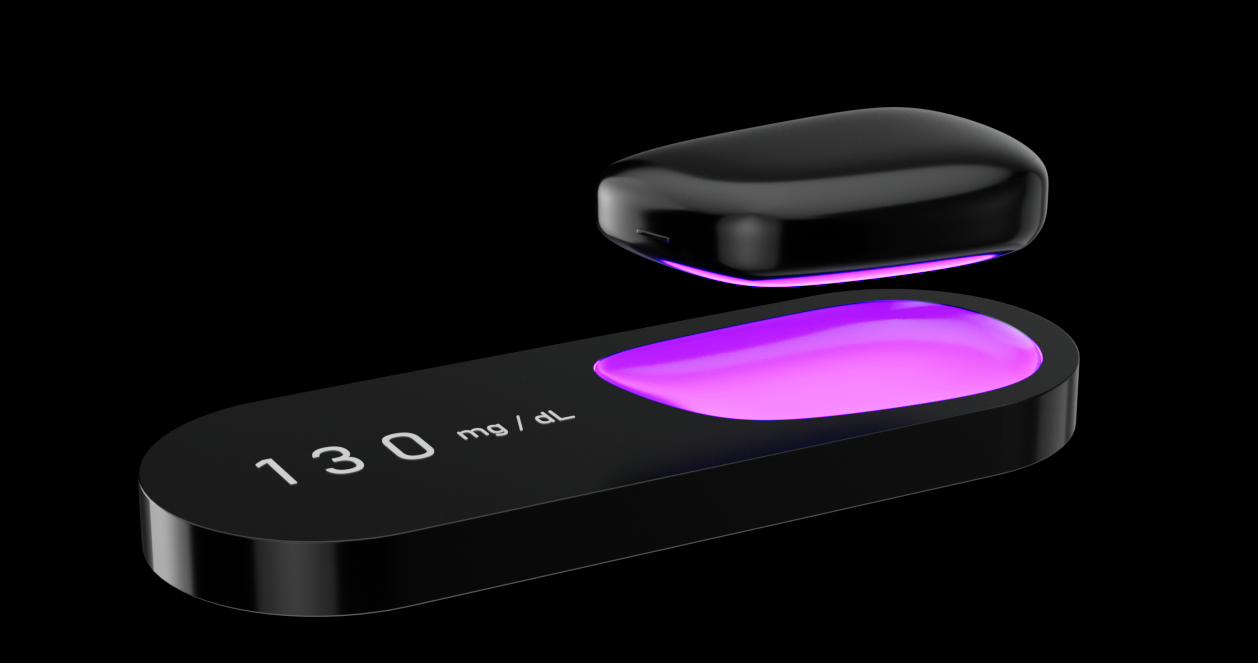
What You Should Know:
– Know Labs, Inc., an emerging developer of non-invasive medical diagnostic technology, today announced the results of a proof-of-principle study titled, “Detecting Unique Analyte-Specific Radio Frequency Spectral Responses in Liquid Solutions – Implications for Non-Invasive Physiologic Monitoring,” conducted in collaboration with Mayo Clinic.
– The study demonstrates the accuracy of Know Labs’ proprietary Bio-RFID™ sensor in quantifying different analytes in vitro, proving a 100% accuracy rate in these tests. The full study is currently undergoing the peer-review publishing process.
– Know Labs’ technology platform, Bio-RFID, uses electromagnetic energy in the form of radio waves to non-invasively capture molecular signatures, which can be converted into physiologically meaningful information and insights. While the technology is proven to accurately measure several analytes inside and outside the body, the first application of this technology is aimed at non-invasive glucose monitoring.
Study Background
Conducted at Mayo Clinic in Rochester, MN in March of 2021, the study included five experiments designed to demonstrate the ability of the Bio-RFID sensor to non-invasively quantify concentrations of solutions using a randomized double-blind trial design, as proxies for biochemical solutions. Solutions including water in isopropyl alcohol, sodium chloride in water, and commercial bleach in water were tested. Data were collected using the Bio-RFID sensor, which generates radio frequency signals and measures received power through an antenna array. The sensor sweeps across the 1500 Megahertz (MHz) – 3000 MHz range at 0.2 MHz intervals, collecting values at 7501 frequencies.
For each of the five experiments, 100% of solutions in the test data were correctly identified. The Bio-RFID technology was able to detect concentrations as low as 2000 parts per million (ppm) – which is equivalent to accurately measuring the difference of 0.7ml of water dropped into a 12oz can of soda – with evidence suggesting the ability to detect much smaller concentration differences. These in vitro findings provide proof-of-principle, strongly supporting the application of the technology for further non-invasive, physiologic and medical monitoring.
This proof-of-principle study is part of a series of studies that Know Labs is conducting as the company prioritizes external validation of its Bio-RFID technology in detecting and measuring glucose and other analytes in the body non-invasively at high levels of accuracy.
